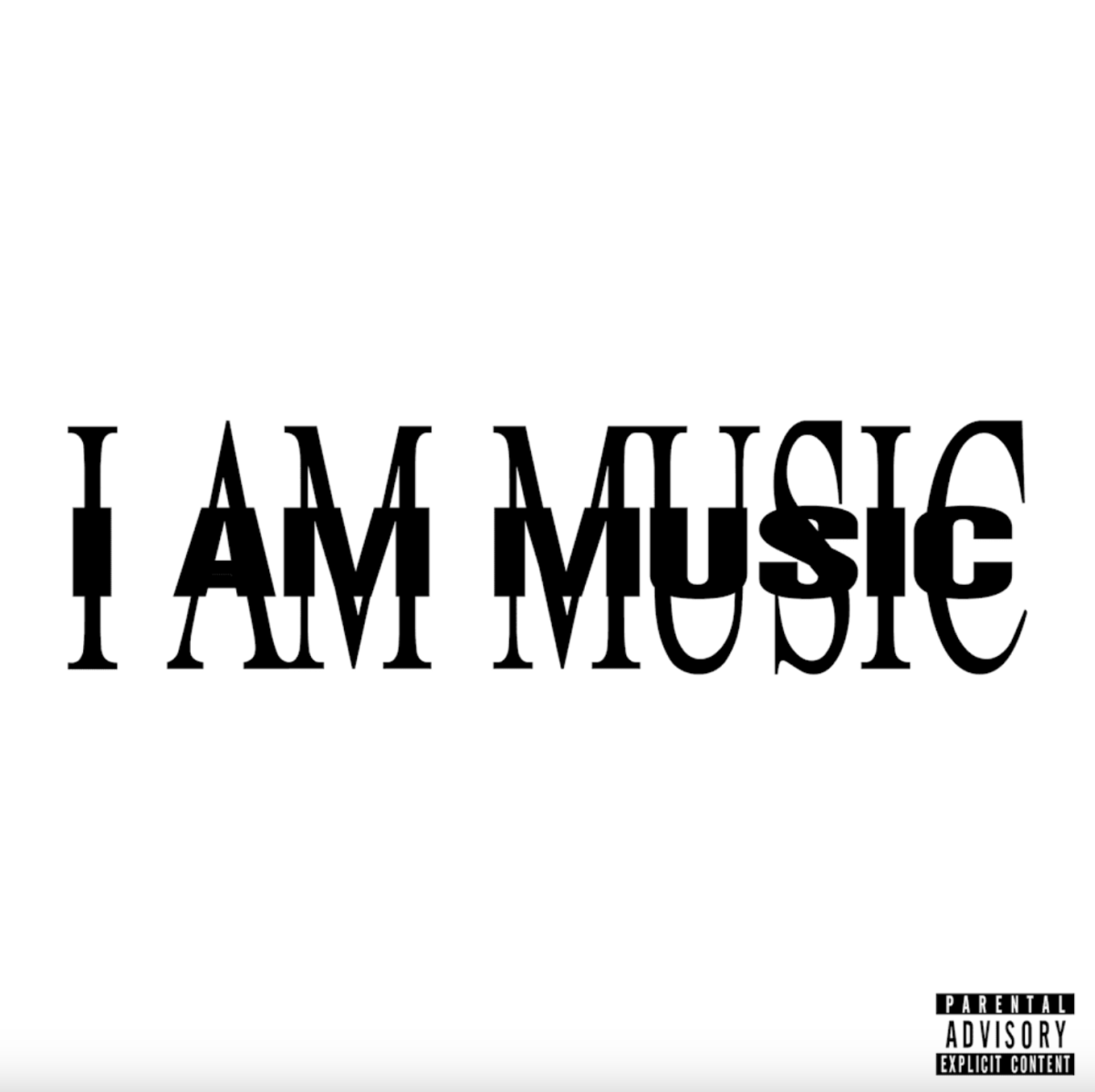
Since their initial release, Bluetooth headphones have become a staple of modern technology – and of the Upper School community. Whether you’re sitting in the Dining Hall or walking through the Upper School hallways, it is almost guaranteed that you will spot at least a handful of students with headphones in. While many may chalk up the popularity of these Bluetooth headphones to trendiness, or a collective eagerness to block out the sounds of the Upper School, I’d argue that the devices are much more meaningful than either of these possibilities. To me, the popularity of Bluetooth headphones is a visible indication of the emotional significance that music has for teenagers like me.
Just like everyone else, I love my AirPods. I rarely show up to school, or most places, without them; I’ve even coined them my “emotional support AirPods” because of how much I rely on them. However, my attachment to my AirPods is not just a physical attachment to a personal belonging. Rather, I treasure these headphones because they provide me with music in any space, at any time, and I imagine the same is true for others my age. This music does not only serve as a form of entertainment, but more significantly, a sense of comfort at times when I face the lack thereof.
As adolescents, we experience a wide range of emotions, many difficult to explain or understand. But, when we can’t understand ourselves, music is there to understand us instead. I could name countless instances in which I played a song and was struck by just how real it was, how (almost painfully) successful a three-minute track was in expressing how I felt at that moment. And while that experience likely differs for each of us, it is an experience that has confirmed why I feel the need to keep a means of listening to it on me at all times.
In my experience with music, consistency is key. Songs don’t change, no matter how many times you listen to them or how you feel during each listen. Throughout a time in our lives when it feels like everything is always changing, that kind of consistency is more than just comforting — it’s necessary. After draining conversations about the college process or “what I want to do with my life,” sometimes the only way to lighten my mood is to put on a good song; extra points if it’s a song that reminds me of my “younger,” less stressful years. The comfort that comes with music can be matched by only a few other things, all of which are significantly less accessible than the click of a button on my iPhone.
When we make playlists to listen to over and over again, it’s not because we’re expecting to hear something novel or groundbreaking during each listen. It’s because we know that each song will be the same, and, sometimes, that notion is the only thing grounding us on days when it seems easier to float away from all of our responsibilities. (Granted, maybe these aren’t always the biggest responsibilities, but they often feel as if they are.) Additionally, I’ve found that, as I’ve grown older, the same songs have had different meanings in my life. Songs that used to be played at birthday parties and Middle School dances now serve as nostalgic listens, comforting in times of reminiscence.
On another note (no pun intended), if someone wishes for something other than a personally curated playlist or chosen song, music still serves a purpose. Countless genres and music styles, as well as millions of artists, provide any listener with the opportunity to explore a new listening experience. For teenagers, this variety can provide a needed escape from high school life, a time that may feel dull and uninteresting with its repeated schedule and daily hours of homework.
For me, music has provided all of the above benefits and more. When I’m feeling lost, music is there to comfort me; conversely, when I need a change, music is there to provide it. As a teenager often overwhelmed with school, extracurriculars, and thoughts of the future, music is by my side through everything, and my AirPods give me access to enjoy the experience whenever I please. Rather than serving as a tool for me to avoid my emotions, as many argue technology can be, music helps me accept and respond to my feelings in situations where I’m unable to express them myself.
To clarify, all of this is not to say that teenagers should constantly have their headphones in, or that they should even be listening to music for more than an hour or two a day; sometimes, appreciating the silence is far more important. But, it is to say that music should be understood as more than just a hobby popular among high schoolers. Instead, it should be viewed as what it has the potential to be: a means for teenagers to attain a feeling of certainty in lives that seem to grow more uncertain by the day.







